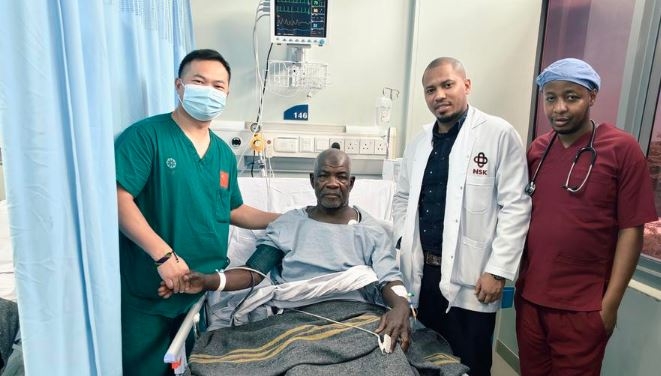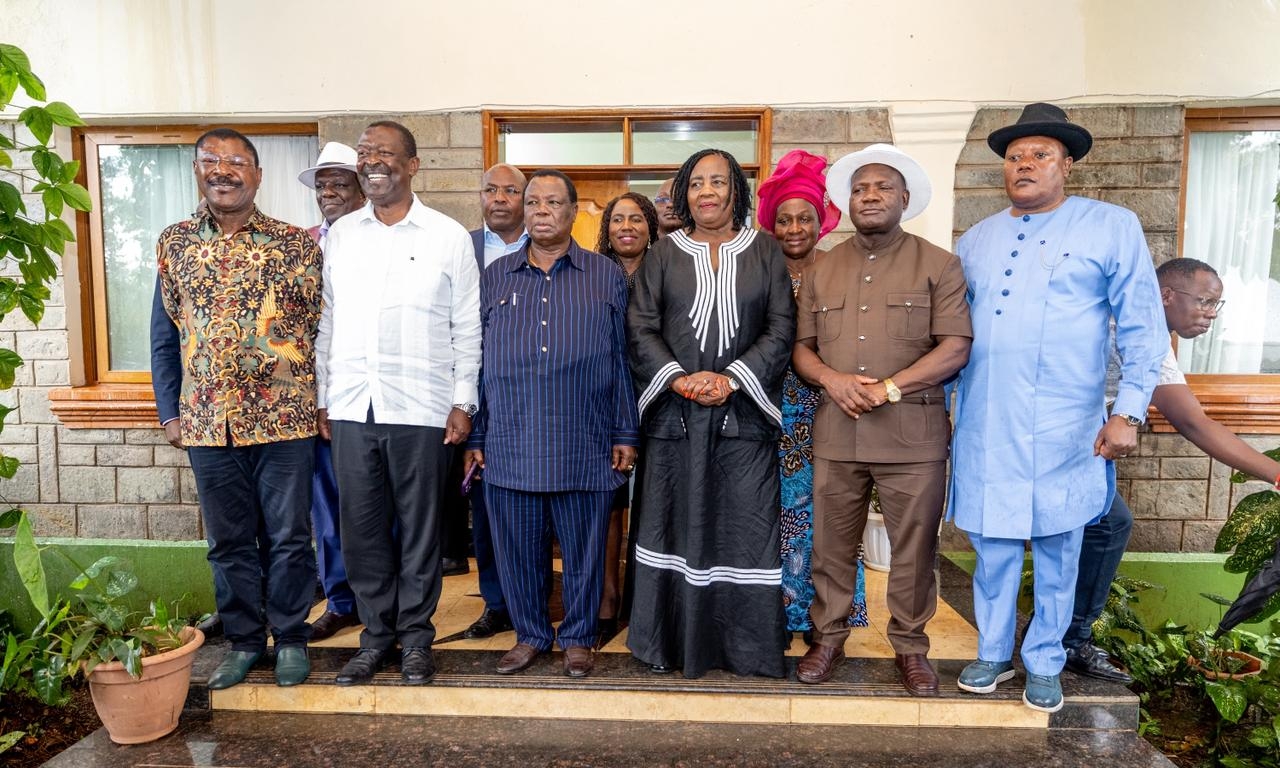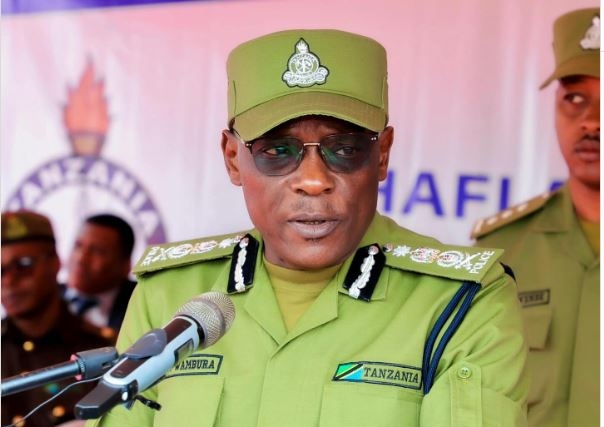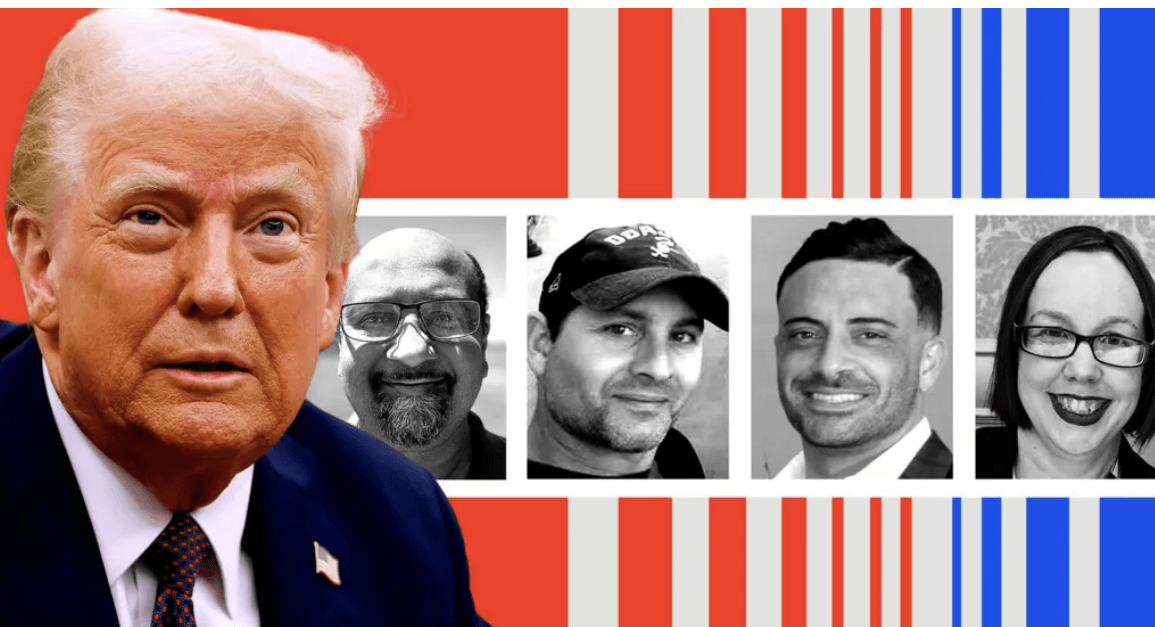
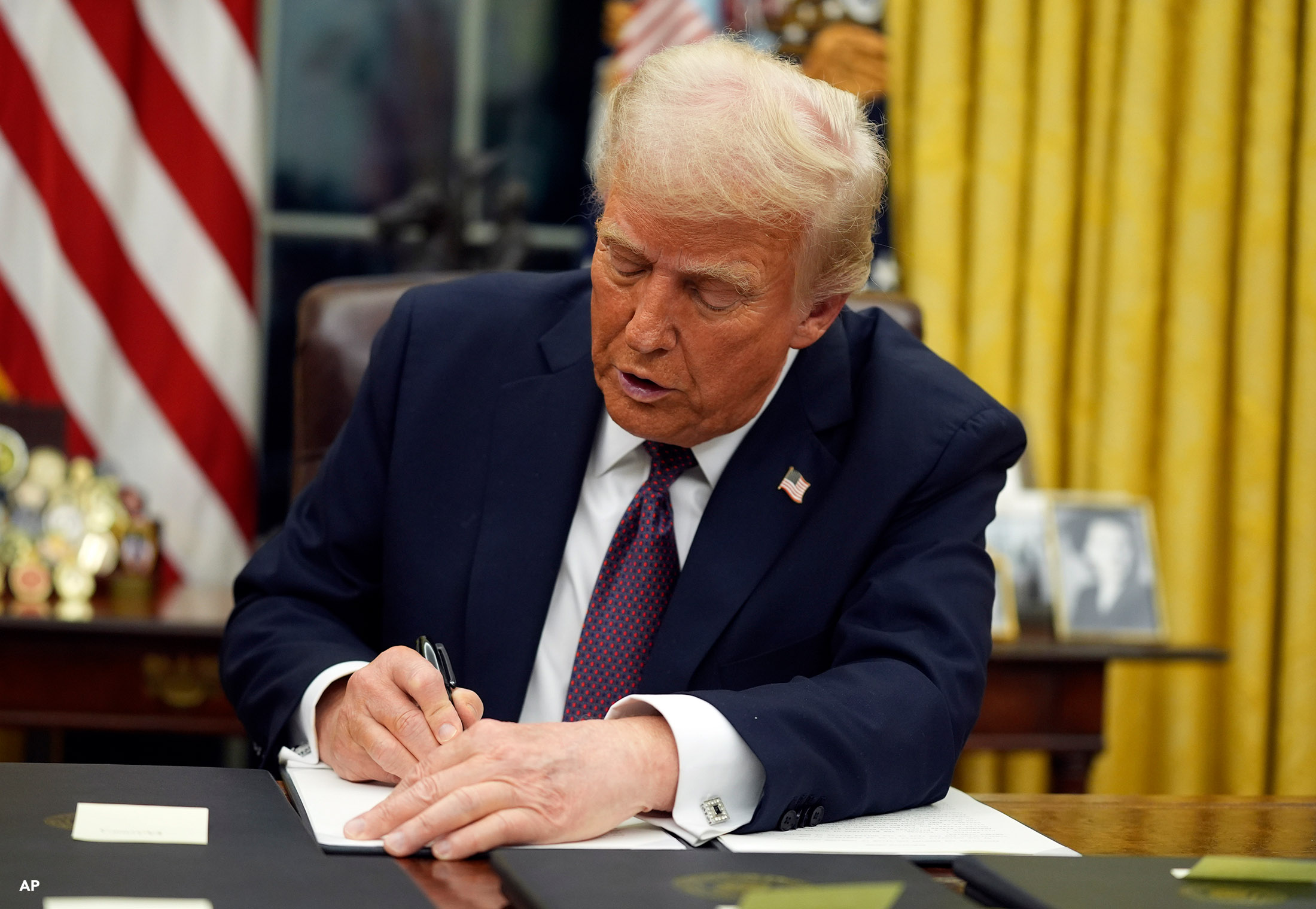
The world is on the edge. In his return to the US Presidency, Donald Trump has shown the world how policies can change at the blink of an eye, making sweeping executive orders.
What this simply means, is that as countries in the majority south, working hard to develop and achieve some level of optimum comfort for our citizens, we need to reduce our dependency on aid from partners.
Some of Trump’s executive orders may have a big impact in developing countries. One of them is pulling out of the Paris Climate Accord.
He issued an order to the US Ambassador to the UN to pull out of the agreement, saying the accord does not reflect US values or its economic and environmental objectives.
So what does this mean for us? The Paris Climate Accord, adopted in 2015, is a legally binding international treaty on climate change, according to the United Nations Climate Change panel.
It represents a global commitment to combat climate change and limit global warming to well below 2°C above pre-industrial levels, while pursuing efforts to limit the temperature increase to 1.5°C.
In as much as developing countries such as Kenya contribute the least to global warming, we are still faced with a number of issues, in which developed countries such as the US play a major role in assisting us with.
Kenya, just like other African countries is highly vulnerable to the impacts of climate change, including extreme weather events, droughts, and rising sea levels.
The accord emphasises financial and technical support by donors for adaptation, helping Kenya and other nations invest in climate-resilient agriculture, water resources, and infrastructure.
Now that one of the partners in fighting climate change is out, what can our leadership do?
First and foremost is to work towards being able to fight climate change at a local level, with minimal support. With the Paris agreement, since 2020, countries have been submitting their National Action Plans, known commonly as Nationally Determined Contributions.
These NDCs should annually show a bigger ambition to fight climate change, better than the previous plan.
We need to leverage on taking the already existing responsibility of NDCs to a higher level every year.
Kenya is already leveraging on international support for the issues we as a country face during recurring droughts, being one of the many issues of climate change the country faces. Droughts have a high impact on agriculture and food security.
It is time to take seriously, already planned-for adaptive strategies such as smart irrigation projects and planting drought-resistant crops, while minimally relying on international partners.
President William Ruto and his able team of financial advisers, should do what many citizens ask for every day.
That is, mainly increase domestic revenue, invest and invest some more in better infrastructure, and promote private sector development by reducing the many barriers that exist for entrepreneurs.
We still cannot fully run away from aid, so as we work towards financial independence as a country, we need to negotiate for better aid deals.
The Trump presidency is indeed
a wake-up call for more countries,
a reminder that the status quo in
anything can always be challenged.



